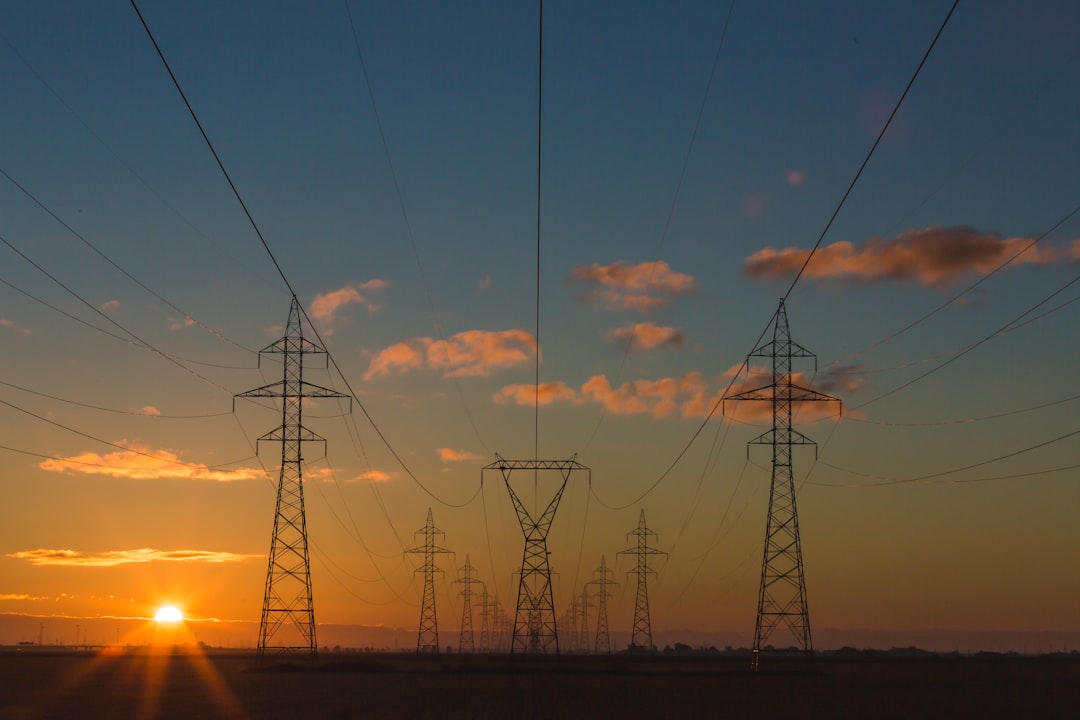What is it about?
This paper asks if there is empirical evidence to support the hypothesis that international trade will be affected if countries apply different rates of carbon tax.
Featured Image
Why is it important?
This work is one of the first papers to examine this question empirically, thus makes an important contribution to the knowledge base on the trade-effects of climate policy. Previous estimations of the effects of carbon prices on trade relied on model simulation approaches, and they produced a wide range of estimates (-14 to 130% in terms of trade induced carbon leakage) depending on the models used and assumptions made. Policy makers could not determine, therefore, if policies would result in significant trade distortions or not. The estimates from this paper are empirically grounded and data-driven, thus bringing more robust evidence to the debate. I collected new data and used advanced panel data estimation methods, and found that relative energy prices have a statistically significant but a very small effect on trade – it suggest that a high carbon price (€40-65/tCO2) in the EU27 region would increase EU’s imports from the rest of the world by less than 0.05% and decrease exports by 0.2%. Unlike one previous conducted using US data, this paper covered 42 countries including both rich and poor and a 16 year panel, so that the results are robust and can be interpreted in a global context. This paper thus puts forward a compelling case that concerns about adverse trade competitiveness effects have been overstated in the climate policy debate, and that there is no case to cut back on climate policies on these grounds.
Perspectives
This paper provides both new and convincing evidence showing that so far, competitiveness impacts from climate policies (and environmental policies more generally) have been minimal. We provide robust empirical evidence that relative carbon prices affect international trade patterns only in energy intensive sectors, and that the magnitude of the effect is minute even if carbon price differ substantially across countries.
Dr Misato Sato
London School of Economics and Political Science
Read the Original
This page is a summary of: Asymmetric industrial energy prices and international trade, Energy Economics, December 2015, Elsevier,
DOI: 10.1016/j.eneco.2015.08.020.
You can read the full text:
Contributors
The following have contributed to this page










